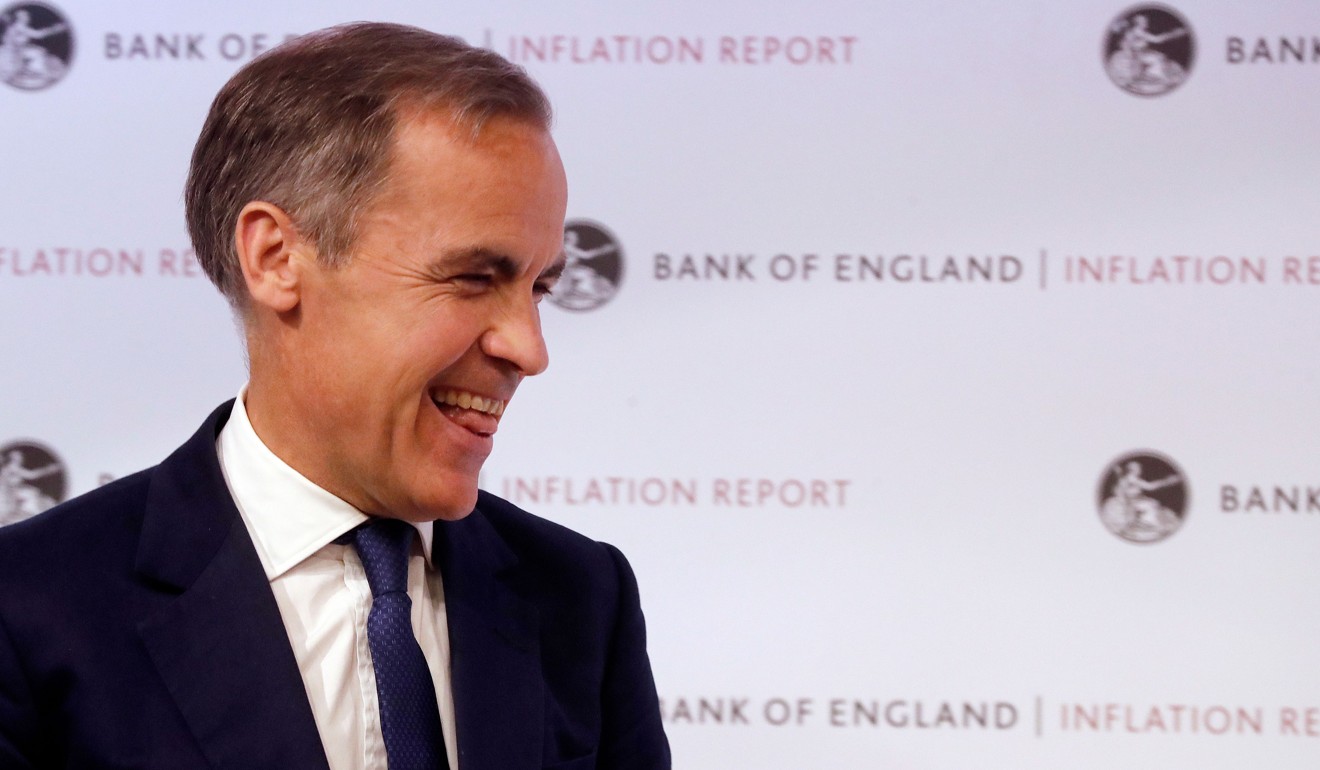
Traits that made Britain great will serve it well again, post Brexit
John Longworth says the UK’s exit from the European Union, with its debt woes and clunky regulatory system, will unleash the power of the nation’s traditional advantages and create sustainable prosperity
In the first part of the 19th century, when Britain was fully in the white heat of its booming economy as the first industrialised nation on Earth, a political battle took place. This was the period of the great reform acts, opposed by the establishment of the day. These led to not just the suffrage of many more citizens, extending the democratic base and therefore the legitimacy of the state, but also to the development of free trade.
Perhaps counter-intuitively at this time, the UK reduced or remove external tariffs, because it was recognised that tariffs were self-harming. In so doing, it boosted the wealth of the nation, and set it on course for economic growth that lasted, with few interruptions, for 70 years.
Not only did it benefit Britain, but it also encouraged the benefits of free trade around the world. It established a British world system of finance and insurance, and a gold standard that provided a voluntary framework for international trade and finance, which also, incidentally, prevented the trade imbalances plaguing global finance today.
The stability of this system sustained an extended period of globalisation. Along with the advantages Britain enjoyed, based on world-class education, the rule of law and the common law system, property rights and the English language, it led to an unprecedented growth in prosperity.

As a member of London’s Reform Club, I see on the walls each week portraits of Richard Cobden and John Bright, the great Whiggish reformers who successfully campaigned for free markets and free trade, and it reminds me that all of those advantages which built Britain’s prosperity are still present in our nation today.
London is the world’s premier financial centre, upon which Europe relies. It has deep capital markets and a great concentration of expertise. It is rivalled only by New York. By contrast, the over-regulated Paris and very boring Frankfurt will never rival London.
Always innovative and with a world view, London will, after Brexit, reach out even more than it already has to partner businesses and countries across the globe. It will reinforce its links with Hong Kong and the rest of China, and also strike up trading partnerships with Australia, New Zealand, Malaysia, Singapore, the Gulf states and the Indian subcontinent.
Whether Britain leaves the EU with a “deal or no deal” is relatively immaterial. Exports to the EU represent only 13 per cent of the UK gross domestic product. Exports to the rest of the world are 17 per cent and the domestic economy 70 per cent. It is the 87 per cent that is being held back by the EU.
In any event, trade with the EU will continue.
British goods will be cheaper as the country maintains a competitive currency, covering the years of adjustment, and the selective removal of tariffs will reinforce Britain’s position as an economic powerhouse. Research by the Economists for Free Trade, chaired by economist Patrick Minford, suggests that the removal of tariffs alone will boost UK GDP by at least 4 per cent.

Together with our friends in Asia and particularly in Hong Kong, whose common law system so favours secure trade, we will see a rapidly deepening and widening of our links, trade and investment and a bright and prosperous future – you might say, a commonwealth of nations.
John Longworth is an entrepreneur, co-chairman of Leave Means Leave, and sits on the advisory boards of Economists for Free Trade and the Institute of Economic Affairs. He was formerly director general of the British Chambers of Commerce
